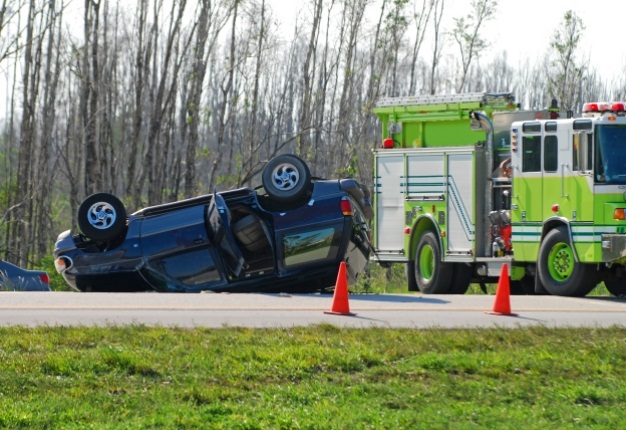
Electronic stability control will soon be a universal standard in the European Union – just as vehicle seat belts have been for years in most countries.
From this month (November as 2014) all newly registered passenger cars and light commercial vehicles with a gross vehicle weight of up to 3.5 ton must to be equipped with the anti-slide system.
The regulation will take effect for all other vehicles in 12 months.
Gerhard Steiger, president of the Bosch chassis systems control division, says: “Without doubt such systems saves lives”. An accident research study by Bosch confirmed its effectiveness.
190 000 CRASHES AVOIDED
In 2011 such systems were believed to have prevented more than 33 000 crashes that would have involved injury and saved more than 1000 lives in the EU member states (of which there were 25 at the time), even though such systems existed in only about 40% of vehicles.
Since being launched in 1995, ESP has prevented 190 000 accidents and saved more than 6000 lives across Europe. After the seat belt, ESP is the most important vehicle safety system − it is even more important than the airbag.
Bosch has produced 100 million ESP systems since series production began in 1995. While 84% of all new vehicles in Europe were equipped with the anti-slide system in 2014, the figure for all new vehicles worldwide was only 59%.
Steiger added: “ESP is an unparalleled success story that we hope to replicate outside Europe as well.”
Studies, Bosch says, have shown that as many as 80% of skidding accidents would not have happened had all vehicles been ESP-equipped.
HOW ESP WORKS
Swerving on dry, wet, muddy or slippery roads often result sin severe traffic accidents. Using smart sensors (25 times a second) ESP compares whether the car is moving in the direction in which the driver is steering it. If the measured values do not match, the anti-skid system intervenes, first reducing engine torque and progressing to braking individual wheels to generate the counterforce needed to keep a vehicle on course.
ESP is the next step in the further development of anti-lock brakes, created by Bosch in 1978. Today ESP is much more than a mere anti-skid system: a number of value-added functions now account for most of its performance, including the ability to prevent a vehicle from rolling backwards during hill starts.
It is also able to stabilise swerving trailers (much used on South African roads) and to reduce the rollover risk of sport utility and light commercial vehicles.
Other countries have also begun to recognise that ESP is extremely important for road safety. Since September 2011 it has been mandated for all vehicles in the United States and Canada with a gross vehicle weight up to 4.5 metric tons.
Australia and Israel have also made ESP mandatory. Similar regulations will take effect in Japan, Korea, Russia and Turkey soon.




 Publications
Publications
 Partners
Partners










